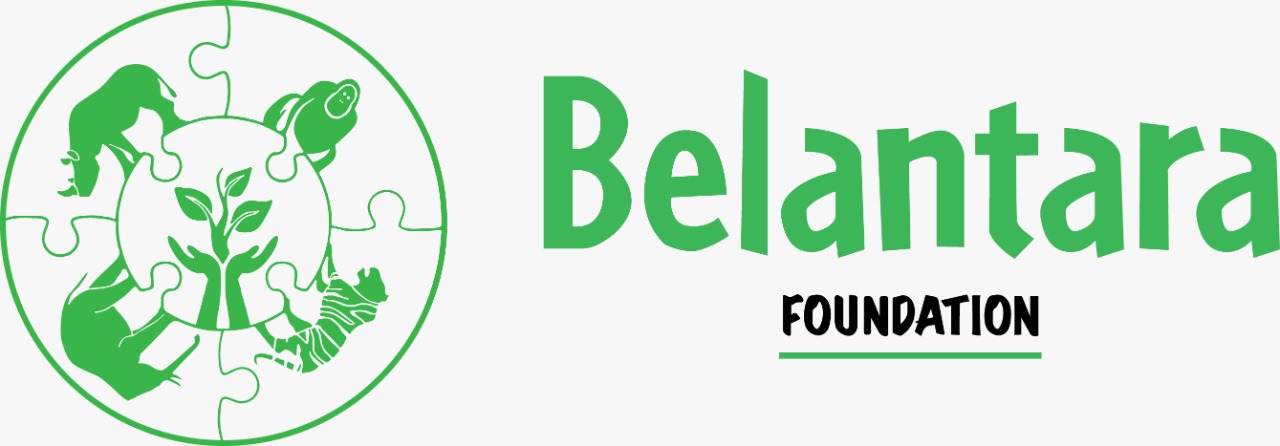The results of applied research for solutions to environmental problems, expected!
Abstract
With this issue, the Indonesia Journal of Applied Environmental Studies (InJAST) enters its second year, having been first published in April 2020 just as the Covid-19 pandemic was spreading globally. In the first two issues, InJAST published 13 articles, which were the results of research and ideas from academia, researchers from the Indonesian Institute of Sciences (LIPI) and members of conservation NGOs. Within its first year, the InJAST website has been visited by around 1,500 visitors from 50+ countries. Although the majority were from Indonesia, 30% were from across Europe, Asia, the Americas, and Africa, and included the USA, UK, Australia, and India.
One of InJAST's missions is to provide a vehicle for academia (students and lecturers), members of environmental NGOs, and young researchers, particularly from Indonesia, who are just starting to publish their ideas, literature reviews and research findings or articles in scientific journals. InJAST was also developed to accommodate scientific papers related to broader environmental topics, but as yet, most articles have focused on plant/wildlife ecology, nature conservation, and forest restoration (61%). Others were the result of the studies on environmental education (8%) and on the UN Sustainable Development Goals (SDGs) and other environmental issues (31%).
As we start the third decade of the 21st century, the environmental challenges we face are ever more complex and demanding. The UNs global action plan for the next 10 years set out in the "UN's 2030 Agenda for Sustainable Development", puts forward special measures to achieve a world that is fairer, more prosperous, and more respectful of the environment. The main global environmental challenges that, according to the UN, must be resolved in this decade, are climate change mitigation and adaptation, pollution problems and their effects on health, protecting oceans, the energy transitions and renewables, a sustainable food model, protecting biodiversity, sustainable urban development and mobility, hydric stress and water scarcity, extreme meteorological phenomena, and overpopulation and waste management. As academics, environmental researchers, and members of environmental NGOs, we can and should support the UN agenda by seeking the solutions to these major global environmental problems that affect all of us. We do this by carrying out relevant research and, just as importantly, publishing them in scientific journals so that we can disseminate our findings as widely as possible and suggested interventions can be trialed and then implemented on the ground.
This new issue of InJAST contains several papers focusing on plant ecology, endangered species conservation, and forest restoration, all of which are closely related to one of the main global problems identified by the UN, namely protecting biodiversity. Another paper analyses determinants and typology of hydrometeorological disasters that may relate to the problem of extreme meteorological phenomena. Strong pro-environmental legislation and government regulations are very important in implementing existing environmental policies, and environmental awareness and responsibility are also important to assess whether people are willing to participate in addressing global environmental problems at the local level. This is explored in two other papers in this issue of InJAST.
We reflect further that we are in a hugely different place from where we were at the start of 2020. The Covid pandemic, obviously a global tragedy, has changed many peoples behavioral patterns and our subsequent impact of nature and the environment. It seems to have in many ways heightened people's awareness of nature and environmental issues, and the relationships between unsustainable production and consumption and the nature and climate change crises. A plethora of new research is emerging on these interdisciplinary questions and we look forward to submissions tackling these questions in future editions of InJAST.
Finally, as Editors-in-Chief, we have been working hard to improve and expand our peer review community, as well as the processes of online submission, reviewing and publishing. We are delighted to be presenting Volume 2 No 1 of InJAST and we encourage our colleagues from all sectors to submit their papers for the next issue.
DOI: 10.33751/injast.v2i1.3335
 Abstract views : 533
Abstract views : 533
Refbacks
- There are currently no refbacks.
Copyright (c) 2021 Indonesian Journal of Applied Environmental Studies

This work is licensed under a Creative Commons Attribution-NonCommercial-ShareAlike 4.0 International License.













